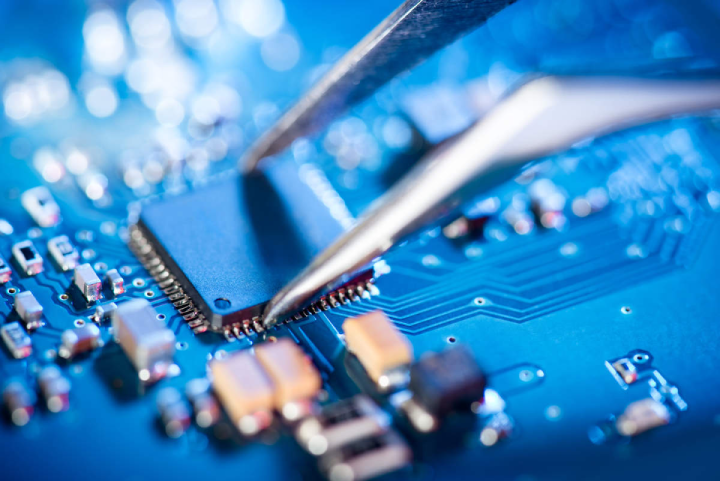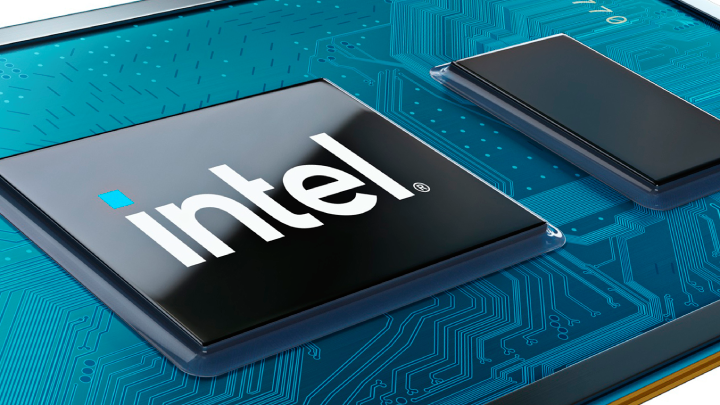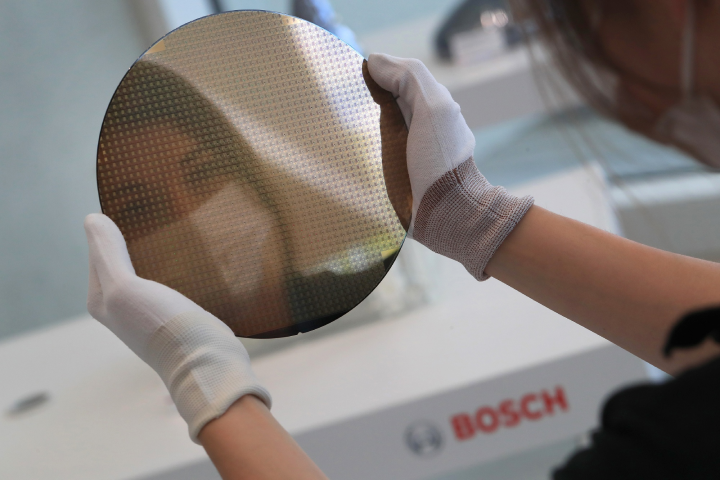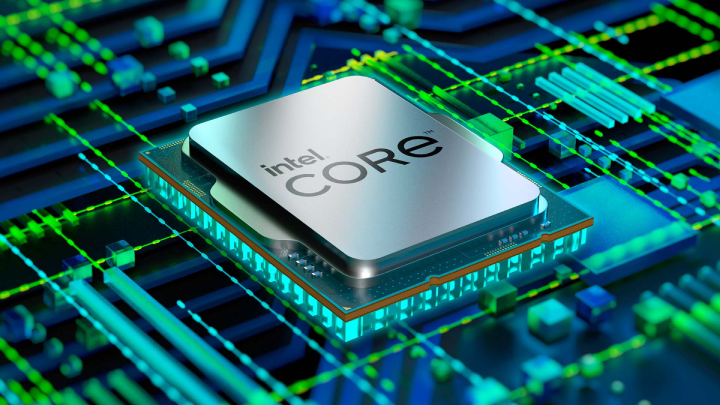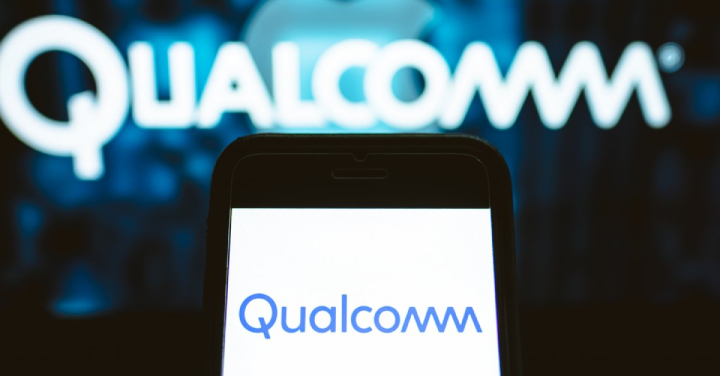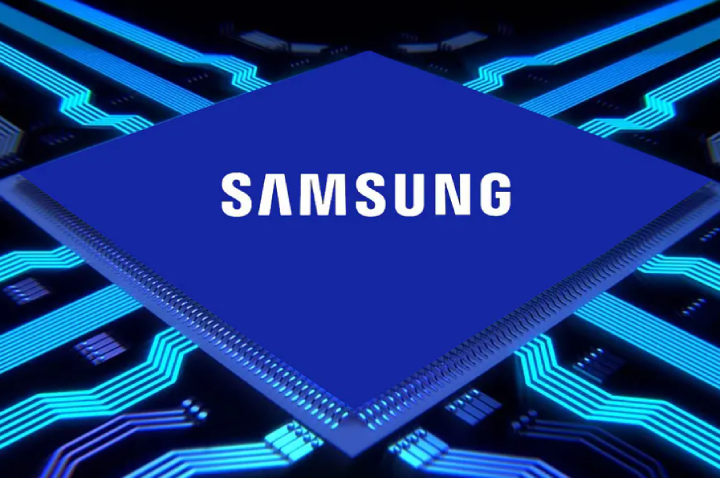In the digital age, some of the most sought-after devices are analog semiconductors-including those made by the 91-year-old Texas Instruments Inc., TXN accounting for 1.13%, the company is known for its calculators that have existed since the 1970s. Technology executives said that this year’s supply chain bottlenecks have affected all components from the iPhone to the Ford F-150, especially in non-shuffled zero-and-one chips. The analog chip processing the input temperature, sound and current information is more like a human being, with many levels.
One of the largest analog chip manufacturers is Dallas-based Texas Instruments, which was founded in 1930. TI engineer Jack Kilby was praised for inventing the integrated circuit in 1958. Students and engineers know TI’s handheld calculator, which is still in production. However, according to the data of Taiwanese market research company TrendForce, its $170 billion market value is based on its dominance in the analog chip field, and this year it holds 17% to 20% of the global market.
Although manufacturers of complex digital chips such as Intel and Samsung Electronics have received most of the attention, the lack of analog chips with a single chip cost of only a few dollars may hinder the supply chain of products with sales of tens of billions of dollars. Samson Hu, co-CEO of Taiwanese notebook computer manufacturer Asustek Computer Co., recently lamented that his factory assembly line was interrupted by the lack of analog chips that manage battery usage or amplify sound effects. He used the acronym for the term “integrated device manufacturer,” which is a type of company that includes analog chip manufacturers that design and manufacture their own chips.
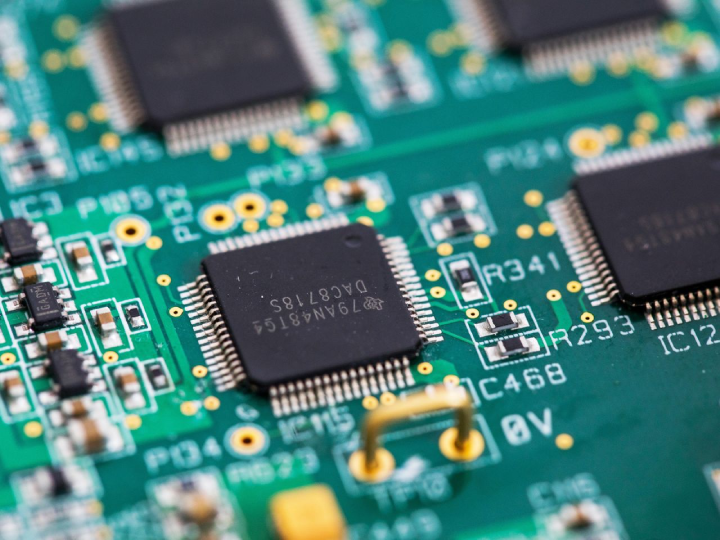
“As we have observed, the uncertainty lies with a certain major US IDM company,” Hu Jintao said on the November earnings call. He did not disclose the name of the company, but industry insiders said that according to Mr. Hu’s description of the products of large companies, he was talking about Texas Instruments. A spokesperson for Asus declined to comment, and representatives from Texas Instruments did not respond to repeated requests for comment. Mr. Hu said that he expects the American company’s supply to remain tight until it expands its production capacity next year. TI said it will open a new $6 billion factory in Richardson, Texas in the second half of 2022.
Apple CEO Tim Cook said on the October earnings call that Apple is losing billions of dollars in sales opportunities because the shortage of parts means it can’t produce enough iPhones and other devices. Mr. Cook mentioned “legacy nodes,” which is a term for an old production process that includes analog chips and some digital chips. “Chip shortages are happening at traditional nodes,” Mr. Cook said. “We mainly buy leading-edge nodes, and we have no problems with leading-edge nodes. But on legacy nodes, we compete with many different companies for supply.”
In addition to Texas Instruments, major analog chip manufacturers include analog Devices Inc. ADI 0.79% in Wilmington, Massachusetts, and two European companies, Infineon Technologies AG IFNNY 0.53% and STMicroelectronics STM 2.70% NV. Industry executives and analysts said that TI’s problems in meeting demand are similar to those of other companies, but because of its leading position, it tends to receive more attention.
Texas Instruments stated that it is doing its best to serve customers and admits that some people are not getting everything they want. Chief Financial Officer Rafael Lizardi said on the October earnings call that “Clearly, we’re well below where we want to be”. The company has new capacity in the project, which is said to require tens of billions of dollars in investment, and construction will begin next year at two plants in Sherman, Texas.
At an investor meeting in September, CEO Rich Templeton cited this roadmap and asked for patience. “You can’t change your production footprint in a substantial way within a year or two,” he said. “We want to have more capacity now. But there are many things in life that you want to have.” Texas Instruments has 15 manufacturing bases around the world. Apple included TI on its list of suppliers and designated eight TI locations, including Texas, Maine, Taiwan, Japan, and Sichuan Province, China. Those involved in Apple’s supply chain said that Texas Instruments’ parts and components are a factor in the shortage of products such as iPhones this year. Apple declined to comment.
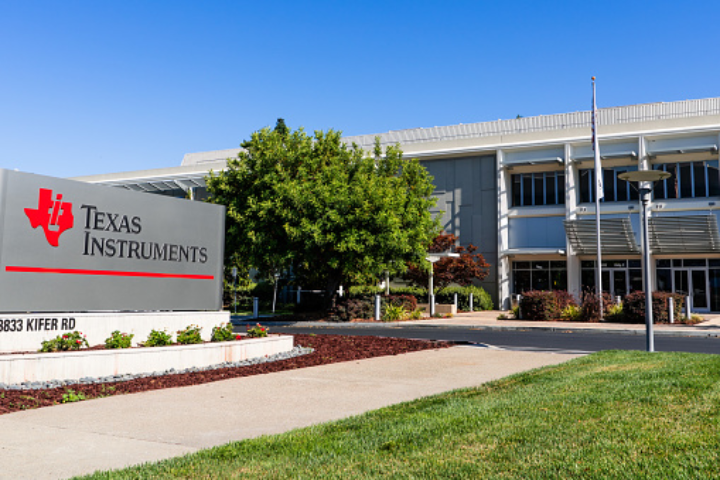
Research firm TrendForce stated in a December report that the backlog of automotive customer orders from analog chip makers could be postponed to the end of 2022. Consumer electronics manufacturers are also dealing with months of waiting and higher prices. The world’s largest and most valuable chipmakers—TSMC, Samsung, and Intel—have spent tens of billions of dollars on new capacity. Generally speaking, these chips are still sufficient. However, industry executives and analysts said that of the 50 or so chips stuffed in the latest high-end smartphones, only 4 to 5 belong to the leading category. Others include analog chips that perform tasks such as powering mobile phone displays or managing their battery chargers.
Analog chip manufacturers tend to design, manufacture and sell their own chips, which is why they are included in the category of integrated device manufacturers. In contrast, advanced digital chips are usually designed by one company and manufactured by another company, usually in specialized “fabs,” such as TSMC. Zhao Haijun, co-CEO of China’s largest foundry chip manufacturer SMIC, said that in terms of volume, about 80% of the world’s semiconductor production comes from IDM. At the Industry Forum held in Shanghai in November, Mr. Zhao stated that major IDM vendors are four to five months behind in meeting demand and usually do not leave much room for maneuver in their plans. “A shortage of 5% could lead to a crazily surging price,” he said. “This is precisely the result of inflexibility along the supply chain.”
However, because the industry has a history of prosperity and depression, analog chip manufacturers have been cautious about expansion. Texas Instruments (TI) executives have stated that they want to observe discipline in meeting customer needs. “At some point, they’ll have too much product, and that’s what creates the cycles in our industry,” TI’s head of investor relations Dave Pahl said on the October earnings call. “So it won’t surprise us if the cycle comes to an end at some point. We’ll be prepared for that.”
